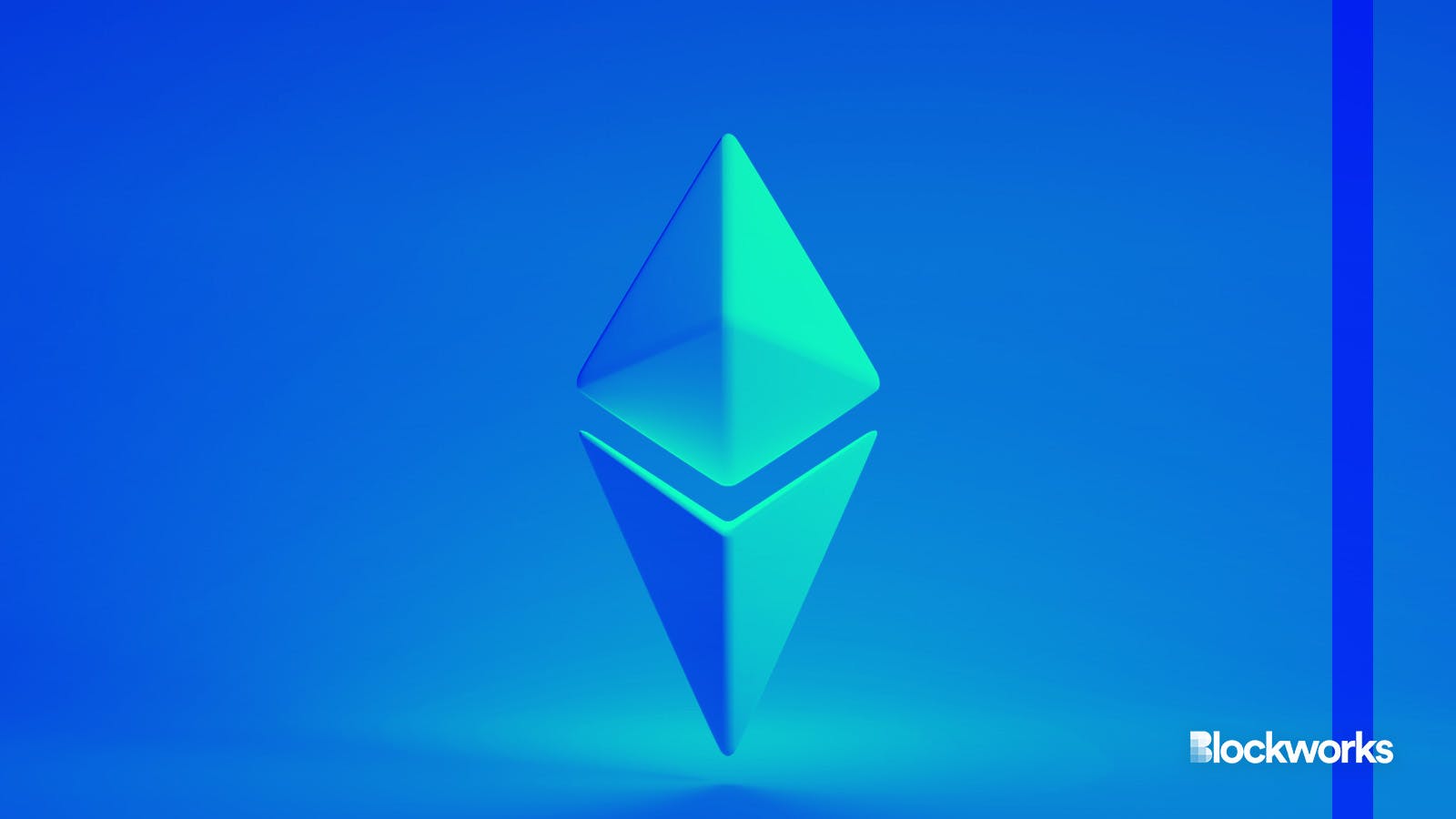ERC-3643 is looking for ways to bring compliance to RWA tokenization
ERC-3643 is designed to deny transactions or actions if counterparties fail to meet compliance requirements

Shubham Dhage/Unsplash and Adobe modified by Blockworks
The ERC3643 Association recently revealed a new UI plug-in tool that will enable DeFi protocols to run checks in compliance with the ERC3643 standard.
The ERC3643 standard, also known as the T-REX (Token for Regulated Exchanges) standard, is a modification of ERC-20.
Unlike the ERC-20 token, ERC-3643 is a permissioned token that uses smart contract technology to define conditional transfer functions.
This means that decentralized validators can only approve certain transactions after they have met predetermined rules. This enables compliance structures that can be used for regulated assets, like securities, while retaining the standard of ERC-20 functionality.
This new UI tool was developed in collaboration with DevPro and Tokeny and enables ERC-20-compliant DeFi applications to interact with permissioned ERC-3643 tokens. This includes real-world assets, token securities, loyalty tokens, stablecoins and CBDCs.
Read more: Ethereum Improvement Proposals to watch in 2024
Dennis O’Connell, president of the ERC-3643 Association, told Blockworks that compliance rules are directly embedded through ERC-3643 at a token level.
“As an extension of ERC-20, ERC-3643 ensures interoperability with any ERC-20-supporting applications. The key distinction lies in denying transactions or actions if counterparties fail to meet compliance requirements, effectively bridging compliance and interoperability,” O’Connell said.
He notes that, unlike other standards that use wallet whitelisting for know-your-customer (KYC) checks, ERC-3643 uses digital identity to whitelist users through verifiable credentials.
“This ensures the compliance validation process is entirely on-chain while protecting privacy. No actual data will be published on-chain; only verifiable credentials, which are proofs of verification by trusted parties appointed by token issuers,” O’Connell said.
Read more: Dencun and Pralectra: Ethereum core devs chart an ambitious 2024
The standard was initially proposed to the Ethereum community in 2021, but did not receive approval until December last year. Companies currently exploring this technology include APEX Group, Aztec Group and Capgemini, to name a few.
Get the news in your inbox. Explore Blockworks newsletters:
- The Breakdown: Decoding crypto and the markets. Daily.
- 0xResearch: Alpha in your inbox. Think like an analyst.






